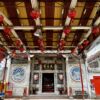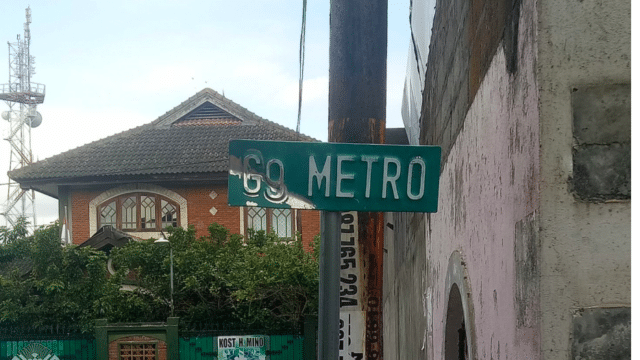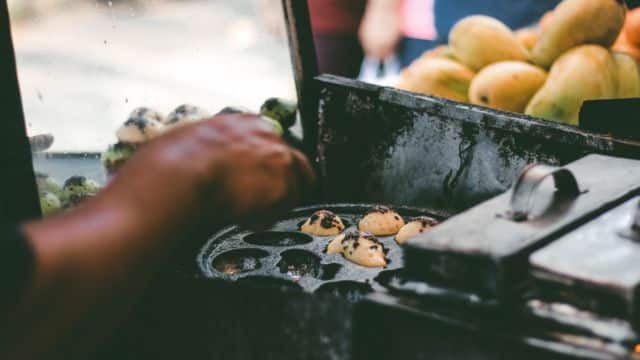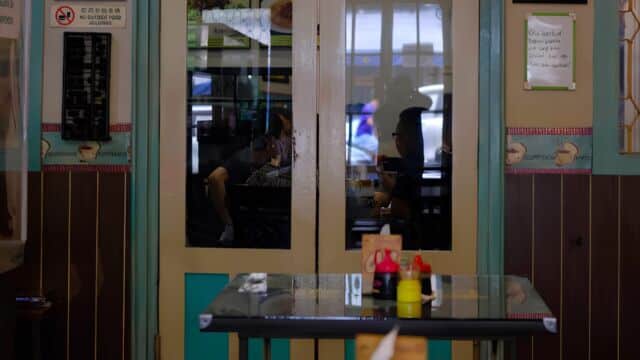Mount Sumbing Was Instagrammable. The Journey Up It Was Not.
A steep, winding mountain road | 2000 words | Translated by Sarah Leys
The plan was for a family holiday – with my sister and her family, my parents, my younger brother, my grandmother, my uncle and his family, plus me and my husband – to the slopes of Mount Sumbing.
My sister’s house in Purworejo, Central Java, became our rendezvous point: my husband and I from Jakarta, the rest of the family from my hometown of Cilacap, about four hours away.
Why Mount Sumbing?
Planning had begun several months before, after my extended family on my mother’s side went on a family holiday to Dieng. On getting back home my dad declared he wanted to invite his own mother and brother on a similar vacation. My older sister, hearing this, immediately agreed and began to look into possible destinations. She stopped searching when she found an advertisement for a guesthouse high up on Mount Sumbing. Photos showed the place was ultra-Instagrammable. Mount Sumbing’s peak sits 3,340 metres above sea level, with its slopes beginning about 30 kilometres from the city of Mungkid, in Magelang – and not terribly far from Purworejo.
For whatever reason – if you ask me, maybe it was because we were still feeling the euphoria of that holiday to Dieng, which is also up in the mountains – we all agreed to visit Mount Sumbing.
The moment we gathered together in my sister’s house was pretty moving for me – remembering that my husband and I live in a different province, so we can’t meet my family every day. My grandmother’s almost 90, but I swear she still looks youthful and the very picture of health, as if she’s all but forgotten about her advanced age. I was happy she was willing to join the vacation, especially because we’d never actually done a thing like this before. All up, it promised to be a very special trip.
We couldn’t hit the road straightaway. My sister announced that, to get to the guesthouse we were booked at, we’d need to go along a road flanked by ricefields, and at this time of day the road would still be full of farmers.
Finally at around 3pm, after the Asar prayer, we divided into three groups and departed.
© Aprilia Kumala
English translation © Sarah Leys

-custom_crop.jpg)




